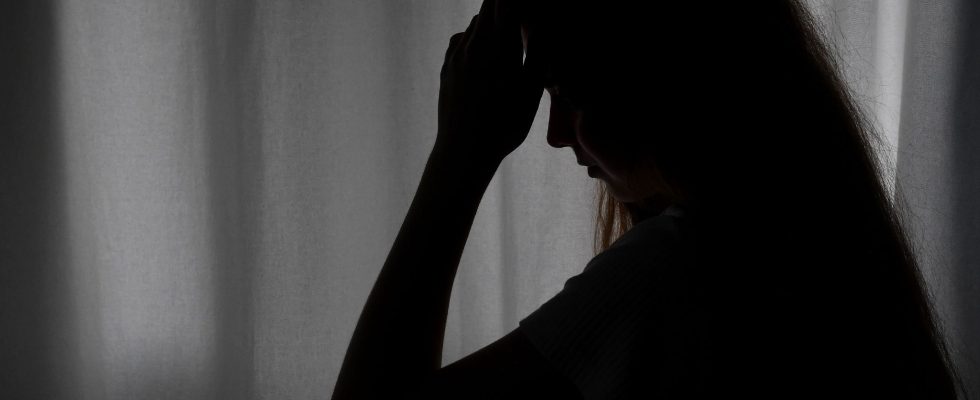Three years after Covid, despite a Ségur, a conference on mental health and psychiatry and almost 2 billion additional euros earmarked until 2025, another epidemic persists. Highlighted during the health crisis, the deterioration in the mental health of young people is particularly worrying.
Indeed, this year again, the Court of Auditors has pointed out the urgency of the situation concerning the care of children and adolescents. These shortcomings are particularly worrying for the entire sector when we know that 35% of adult psychiatric pathologies begin before the age of 14, 48% before the age of 18 and 62.5% before the age of 25. It must be said that there is reason to be cautious: between 2010 and 2022, the number of child psychiatrists decreased by 34%. There are now barely more than 2,000 in France, while the number of children and adolescents suffering from a psychological disorder is estimated at nearly 1.6 million. Among them, between 600,000 and 800,000 present significant problems, according to the Court. The infant-juvenile medical-psychological centers (CMP-IJ) are already overwhelmed: children and parents must wait months to consult. Young people who are abandoned in the face of anxiety, eating disorders, social or academic phobias, addictions or even dark thoughts. A lack of support with deleterious consequences for young people but whose repercussions go well beyond and will ultimately concern the whole of society: school dropouts, somatization, inactivity, social maladjustments, risky behaviors for them- themselves or for others. Cause or consequence depending on each person’s situation? The consumption of toxic substances of course! In a society where so many adults trivialize cannabis, tens of thousands of young people fall into the fatal trap. Without forgetting nitrous oxide shots, a new trend among the youngest and the binge drinking which has doubled in twenty-five years in France.
To cope, at the end of the 2021 Conference, the government committed in particular to creating adolescent centers, to deploying 400 jobs in the CMP-IJ and to providing a package for the entire population sessions with psychologists through the “My psychological support” operation. Unfortunately, the number of sessions is largely insufficient for effective monitoring, while the prices are not attractive for professionals. Thus, of the more than 30,000 liberal psychologists, less than 7% are committed to supporting the government. Insufficient mobilization given the scale of the task. If it is necessary to make the sector more attractive, this long work must be supplemented by a real collective effort to compensate today for the consequences of several years of neglect.
Faced with the urgency of the situation, it is all youth stakeholders who must be mobilized as quickly as possible. Treating doctors, parents, teachers, local elected officials and community stakeholders have an essential role to play in detecting disorders among young people. Concerning the first, if the internship in psychiatry is now compulsory during their studies, an incentive for training must be put in place for professionals already in activity. For others, awareness days must be increased to answer their questions and help them direct young people to the right structures. The poor relation of the system, school medicine must also be provided with ample resources.
Enabling National Education psychologists to focus their activities on prevention and monitoring of students’ mental health rather than on guidance issues is essential. Finally, the students themselves must be made much more aware of the consequences of these addictions on their mental health and receive a message which, in contrast to the ambient stigma, reassures them about the use of support. Here again, let us draw inspiration from foreign models and lift taboos: this is an absolute emergency and a national priority.
